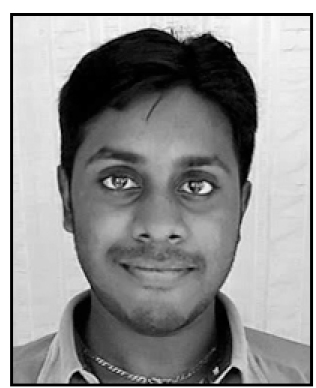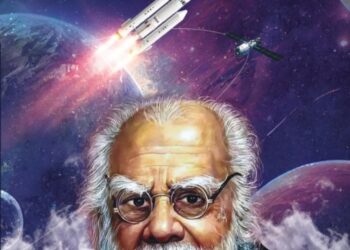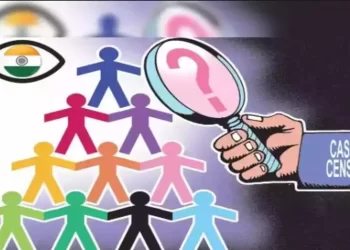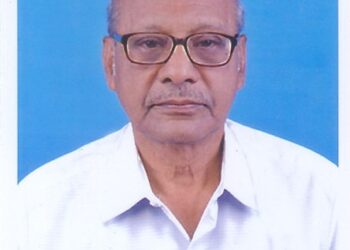Dr. Ganesh Velusami
Free Thinker
Humans are, by their very nature, extremely curious. We always wish to know and cannot rest in peace until we believe we know or until we have (or at the very least, seem to have) an explanation for our queries.
But, how do we know what we know or what we wish to know? There may be several ways, but there is only one foolproof and reliable way, and that is through Science! Sure, we may never know the answers to everything, but if at all we ever can, it can only be through science; rest all is mere pretence!
Now, what exactly do we mean by the word “Science”? Remember, Science is not just a noun, but more importantly, a verb! There is a method to understand nature, and that is what we mean by science. In simple terms, we observe, then we ask the right questions, think of several ways of testable ideas to explain (hypotheses), design rigorous, unbiased experiments to check the ideas and at the end of such tests, arrive at tentative conclusions based on data and evidence. Never assume anything Supernatural for an explanation. Everything is natural… Either known, or, as yet, unknown. The moment we assume anything to be supernatural, we stymie any further enquiry. Supernatural ideas are not science… They are an impediment and a “full stop” in the practise of science.
Observation: As a person of science, we need to be like children. We must curiously observe everything and always ask the right questions.
Right and Wrong questions:We must never ask loaded questions that beg an answer. Eg. “Who created all this?” The right question will be, “How did all this come about?”
Hypothesis/ ideas/ guesses: These must always be falsifiable; meaning we must be able to prove them wrong by testing/ reasoning. Ideas that cannot be tested and proven wrong are not scientific.
Testing/ Experimenting: Remember, the purpose of the testing is to prove the idea wrong, not to somehow prove it right. Several experiments in different ways must be planned and rigorously tested. Whatever survives repeated attempts at falsification is what gets validated by science as a theory.
Conclusions: In science, conclusions are made at the end of this unbiased process. Conclusions are always tentative and remain valid only until they are proven wrong. Once something is falsified, it must be given up or revised to agree with the new data… No matter how much ever dear it may be to you or whomsoever may have proposed it. In science we have no infallible, unquestionable authority figures; at best we can have experts.
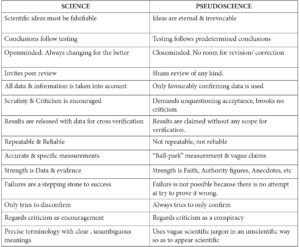
What is Pseudoscience?
By definition, Pseudo means false. So, it is False science. Something that masquerades as science or sometimes even more than science! Pseudoscience is the opposite of science! Ideas and beliefs are presented as scientific or sometimes even more than science despite lacking the rigorous standards and evidence based reasoning typically associated with genuine scientific inquiry. It relies on anecdotes, faith, belief, cherry picked data & logical fallacies to try and support its claims. It is inherently unreliable and bunk. Sets impossibly high standards for others while setting itsel flow or very low standard of evidence for itself. The reason why they try to sound scientific is because with science comes some credibility. They wish to piggyback on this automatic credibility in the public’s minds for science.
DANGERS OF PSEUDOSCIENCE –
# It is Anti Science! Science enriches our pursuit of knowledge and helps us all progress; Pseudoscience drags us all back to ignorant & primitive times.
# Our society spends plenty of money, time, resources & emotion on scientific research, so it is important that we also have a good grasp of what constitutes money well spent in this regard.
# Pseudoscience is not merely a harmless passtime of the gullible; it often threatens people’s welfare, sometimes even fatally.


